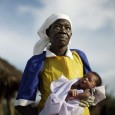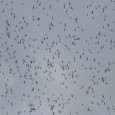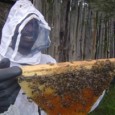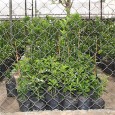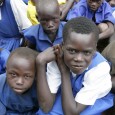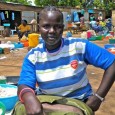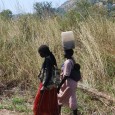Dear Friend,
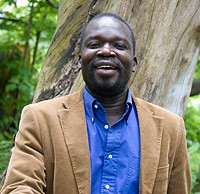 As I travel to visit the hundreds of women and children who are part of the Hope Ofiriha family, I am continually humbled. I see first hand the positive and lasting impact our projects have had on them and their war-ravaged villages and settlements.
As I travel to visit the hundreds of women and children who are part of the Hope Ofiriha family, I am continually humbled. I see first hand the positive and lasting impact our projects have had on them and their war-ravaged villages and settlements.
Other times I am shocked beyond belief. I will never forget visiting a dirty health clinic in Onura, a remote settlement in Magwi County in South Sudan, in 2008. Women who had come to the clinic because of obstetric complications were giving birth or dying in the filth with no support. No trained attendant. No hot water. Nothing.
Even though I was born in Torit, the capital of Sudan’s Eastern Equatoria State, I moved to Oslo, Norway, when I was 23 years old. As a resident of Europe, I am used to women having babies safely in modern hospitals. For the women of Onura, having a baby at a hospital—or even getting hospital care for a sick baby or for complications in pregnancy or delivery—is virtually impossible. Onura is 55 kilometers from the nearest hospital, and there are no paved roads to get there.
Their suffering was a stark reminder of South Sudan’s sobbering health statistics and the massive amount of reconstruction and development work left undone:
- South Sudan’s neonatal, infant, child, and maternal mortality rates are among the highest in the world.
- A girl born in the region is more likely to die in pregnancy or childbirth than finish primary school.
Since Hope Ofiriha is the only local NGO operating in Magwi County, I knew it was up to us to do everything we could to create a new future for those women and their children. Rather than get overwhelmed, I started to look for new ways to expand Hope Ofiriha’s circle of supporters.
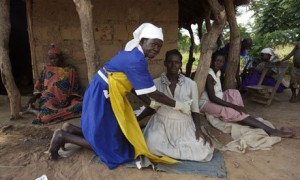 We partnered with ChooseAneed.org, GlobalGiving, Omprakash Foundation, and GlobalGiving UK so donations to Hope Ofiriha would be tax deductible in the United States and United Kingdom. We also joined the online giving communities of Ammado, BetterPlace.org, BroadCause, DoSomething.org, and National Geographic’s Global Action Atlas. In 2010, we increased our social media presence and redesigned our website to further expand our network of supporters globally.
We partnered with ChooseAneed.org, GlobalGiving, Omprakash Foundation, and GlobalGiving UK so donations to Hope Ofiriha would be tax deductible in the United States and United Kingdom. We also joined the online giving communities of Ammado, BetterPlace.org, BroadCause, DoSomething.org, and National Geographic’s Global Action Atlas. In 2010, we increased our social media presence and redesigned our website to further expand our network of supporters globally.
I feel fortunate to be able to lead Hope Ofiriha’s growing online community and welcome you to become a part of it as well. Please consider joining our Facebook page, following us on Twitter, signing up for our e-mail list, or subscribing to our YouTube channel to stay up-to-date on development challenges in the region, Hope Ofiriha’s successes, and ways you can make a difference in the lives of Sudanese women and children.
Thank you so much for taking the time to learn more about Hope Ofiriha and our life-changing work!
Sincerely,
William Logai Ochieng
Executive Director (Volunteer)
Hope Ofiriha

